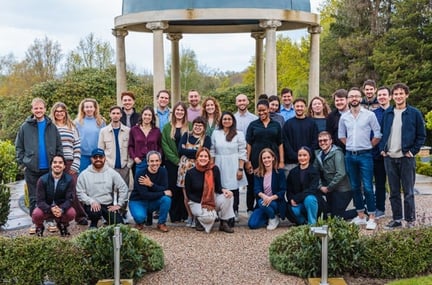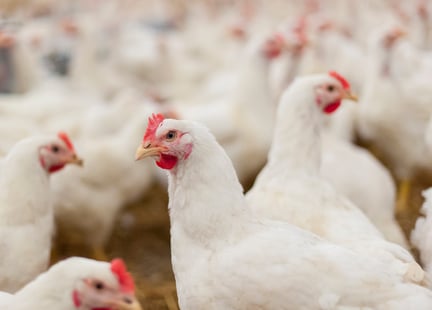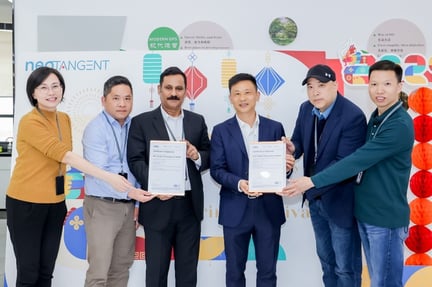It’s an opportunity for food safety professionals everywhere, argues LRQA Technical Director, Kimberly Coffin
It should not surprise us that, amidst a revolution in the use of digital tools, food safety professionals have proceeded with some caution. The management of food safety risk can literally be life and death, the profession is deeply rooted in the scientific method and for decades, the focus has been overwhelmingly on compliance. This is not the place to ‘move fast and break things.’
Despite this, recently with the challenges faced in supply, labour shortages and most critically the cost of living crisis, there has been something of an explosion in adoption across the sector. During a recent LRQA webinar, over 80% of attendees said they were now investing in digital solutions, of those, over 40% were evaluating multiple options.
The known benefits of these tools are clearly now outweighing any perceived risks, but care must still be taken. Every connected solution carries an associated cyber risk – whether through ransomware and disruption to operations or data theft and manipulation. There is an impact too on supplier risk, ensuring that tech is fit for purpose, has longevity and simplifies managing risk rather than adding more complexity.
Technology can indeed be powerful, but it is the quality of the subsequent data, analysis and decision-making that actually makes the difference. Above all though, harnessing data and technology must not obscure the need for human expertise. This is where food safety professionals can excel and I see four big opportunities.
First, to become experts not in procuring technology itself, but in managing the risks of implementation and maximising the benefits. Nobody is better placed to understand how technology might impact products and processes – specifically in respect to compromising safety and integrity; alignment with desired improvement for overall mitigation to brand risk. Second, therefore, to play a more active role in supplier selection and critically, in designing how data can be accessed, analysed, and used. Will these investments drive actionable insights, or just more noise? Third, there is a desperate need for champions of smart implementation. Solutions must add to intelligence – the what, how and where – not just within organisations, but benchmarked against others. Data must deliver insights that support strategic business decisions around products, locations, partners, and the allocation of resources. And tools must enable foresight, recognising early warning signs so that proactive change can be made.
All of this brings us to the final opportunity and perhaps the biggest of them all. Food safety and product quality now sit alongside environmental, social, and ethical criteria to define a company’s risk profile. In the food sector especially, every one of these factors is intrinsically linked; any one of them can be the difference between a brand’s success and failure; and the true value of data and technology will only be unlocked when they are thought about and managed holistically.
Perhaps the food sector has been slower to adopt technology and data than some, but having reached a tipping point, my prediction is that these tools will not just be adopted, but enthusiastically embraced – to the benefit of companies, consumers, and stakeholders everywhere. And, of course, to the benefit of food safety professional themselves.










